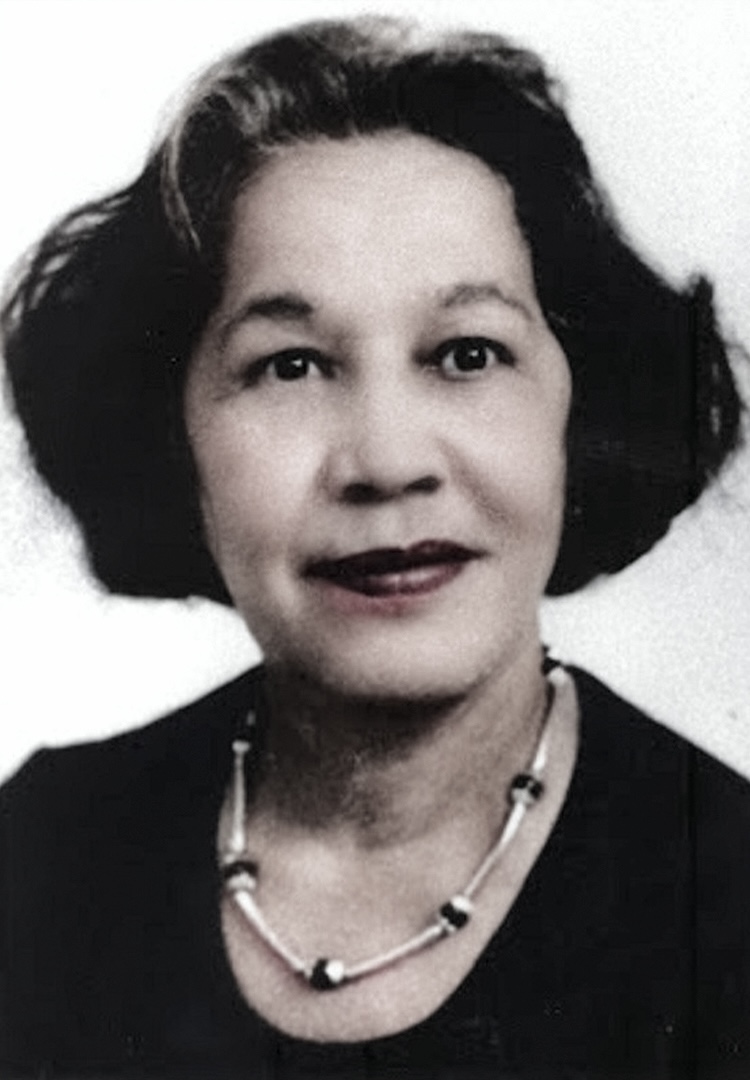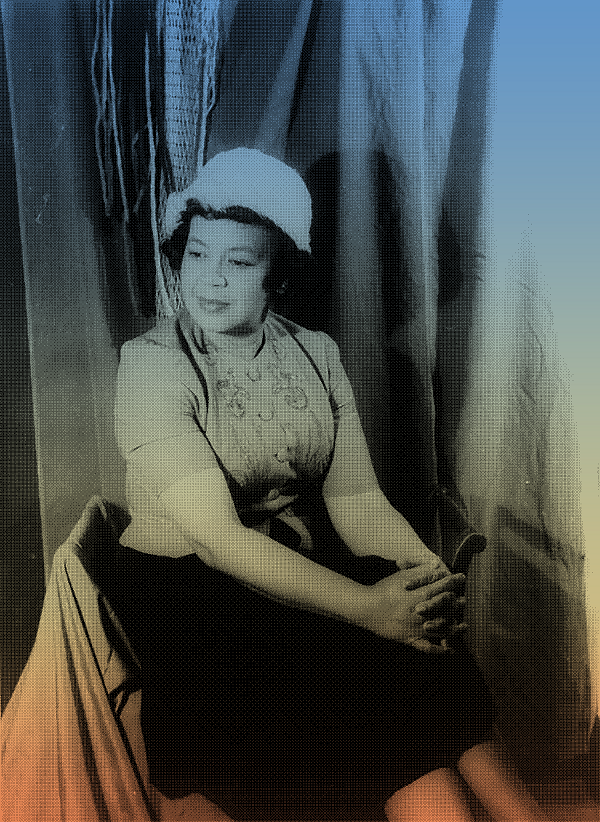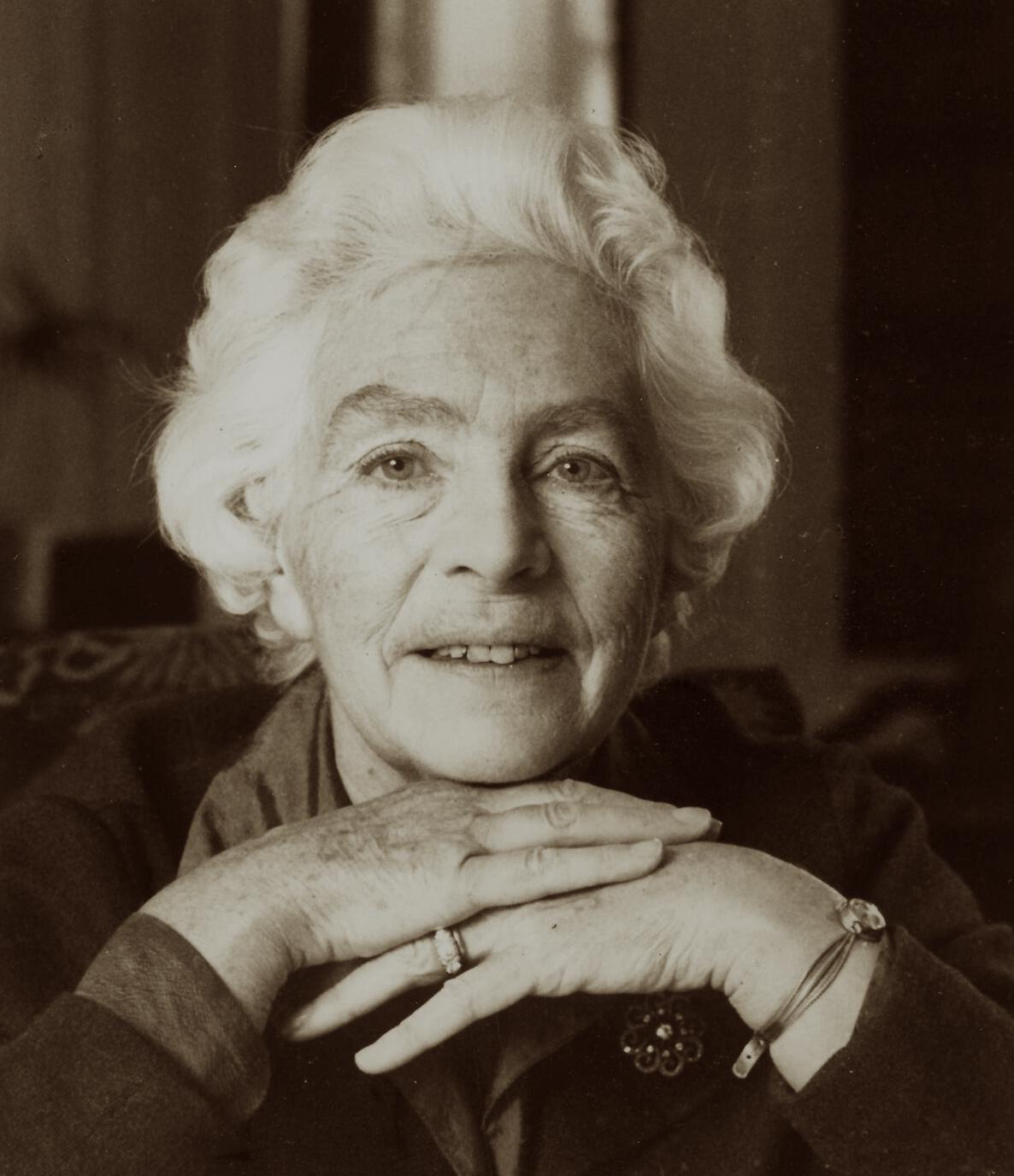Irene Britton Smith was a Black American composer (also of Crow and Cherokee descent) who wrote only thirty-six compositions, including nineteen pieces of vocal music. Her compositional output was limited because she composed not as a vocation but as an avocation: she worked as an elementary school teacher and only studied music in her free time. In fact, she was prevented from getting a college music degree in her youth because her family didn’t have the money. It wasn’t until age thirty-six that she earned her Bachelor of Music degree from the American Conservatory of Music, having taken one course a year for eleven years. She also earned a master’s degree in composition from DePaul University, studied composition at Juilliard (while on yearlong sabbatical from her teaching position), and spent a summer studying with Nadia Boulanger at the Fontainebleau Summer School in France.
Smith was humble about her compositional efforts. She was reluctant to consider herself a “real” composer—certainly “not like Margaret Bonds,” she once said, referring to a fellow Black woman composer from Chicago—and for this reason, she didn’t publish her music. “I’m too critical of my compositions,” she wrote. “I’m my own worst enemy.” The late musicologist Helen Walker-Hill, in her book From Spirituals to Symphonies: African-American Women Composers and Their Music, aptly described Smith as “representative of the unknown women who compose for their own satisfaction, with little thought of public recognition.”
Still, Smith’s works deserve to be recognized today. Her self-criticism belies the high quality of her music. Smtih’s works are exquisitely crafted and profoundly affecting—richly melodic and lyrical, with subtle contrapuntal lines and harmonies evocative of French neoclassical music. (Gabriel Fauré and César Franck were two of her favorite composers, and you can hear their influence on her musical style.)
Smith stopped composing in 1962, at the age of fifty-five, but music remained at the center of her life. After retiring from teaching in 1978, she worked as a docent for the Chicago Symphony Orchestra at elementary schools, continuing to bring together her two lifelong passions: music and education.
Additional Resources
- Resources (including recordings) related to Smith’s songs at Song of America.
- Payette, Jessica. “Smith, Irene Britton.” Grove Music Online, ed. Deane Root.
- Walker-Hill, Helen. From Spirituals to Symphonies: African-American Women Composers and Their Music. University of Illinois Press, 2007. [includes a thorough and valuable chapter on Smith’s life and works, pp. 189–215]
- Guide to the Irene Britton Smith Collection, Columbia College Chicago.
- Irene Britton Smith’s obituary, Chicago Tribune, February 17, 1999.




